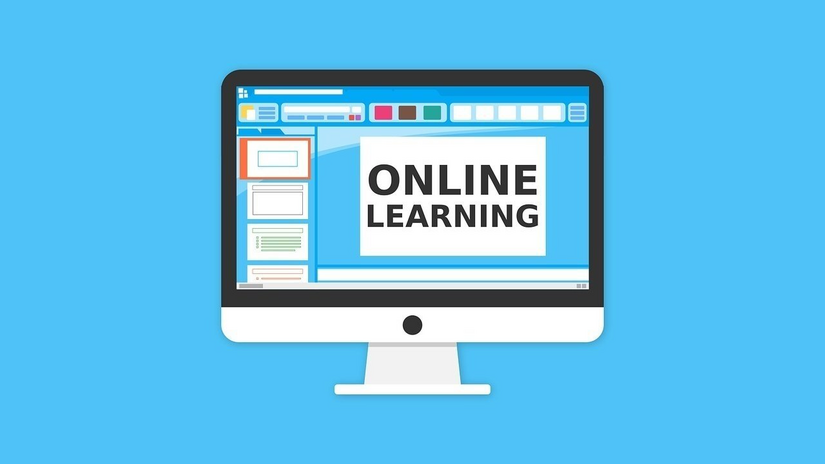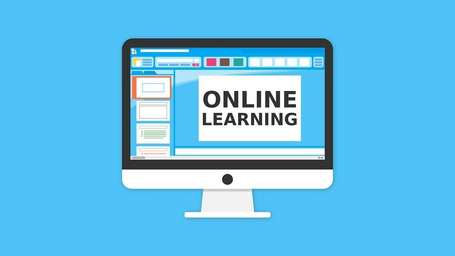If there is anything we’ve learned in the past year, it’s that online school is not an adequate replacement for in-person school. Online school has many drawbacks partially because the current education system was not built to accommodate online learning. Many of the hallmarks of the traditional in person education system are in fact dependent on being able to see the people around you and interact without a screen in between. But that’s not to say that online learning is a scam, or even subpar. Online learning is a great option provided that the instruction is tailored to online learning environments. And so, I have compiled a list of five online resources and what they each offer.
- edX
-
edX is one of the websites that has a larger collection of humanities courses. The following websites on this list focus more on the sciences and business studies. That is not to say that edX is lacking when it comes to STEM related topics, as they have a large library of data science, computer science, business and management and even language courses. edX is a pretty standard online learning platform that offers a variety of topics; some are independently delivered, while others were made in participation with an institution. It also functions like a traditional school with enrollment dates, deadlines, and a set end date for classes. The duration depends on each course, as they start at different times throughout the year. Its greatest advantage is that it is very accessible, all you have to do is sign up with an account and that’s it!
- Coursera
-
Coursera, like edX has a variety of available topics and a large library of courses in each topic. A lot of these courses are free, while others require payment. Many of Coursera’s courses are provided in partnership with university institutions and as such are designed with that set up in mind. Courses are interspersed with assignments and quizzes to keep track of progress and give an estimate of how long a particular course should take you. But by far the most attractive feature that this website offers is certification. That’s right, you can apply for a certificate of completion at the end of your course and add it to your resume, which is being recognized as a legitimate certification of your newly acquired skills.
- Khan Academy
-
I’m sure everyone was expecting this one and I would be remiss if I didn’t have this somewhere on my list. Khan Academy has a plethora of academic subjects. And though they are best known for their videos on mathematics, they offer so much more. There is an extensive collection of videos supplemented with periodic assessments of your understanding as well as fun awards and achievements to motivate you along the way. If you are looking for a place to clear up your foundations for any STEM related subject, Khan Academy is your best bet. Best of all it is very easily accessible and free of cost.
- OpenCourseWare (OPC)
-
Whether you are looking to brush up on some math, science or get started with programming basics from an academic standpoint, OPC is a great place to start. Many universities have OPC set up where you can take courses designed and sometimes also delivered by their instructors, many of which are free.
Waterloo has a CEMC OPC page which caters to high school math and programming basics, but it also has some university level courses in engineering and mathematics which can be found here. Stanford University has an extensive list of courses from artificial intelligence to the humanities, both paid and unpaid, with different options for delivery through the Stanford Opencourseware. And of course, there is also the MIT Opencourseware website hosting courses from nearly every department save for a couple. Several other universities also have OPC, and it is quite easy to find with a quick search.
- O’Reilly Online Learning
-
O’Reilly is one of the most structured online learning platforms I have ever encountered. While the courses themselves are tailored for online learning, they really take on the feel of a traditional university course, complete with lecture style videos and readings. Courses are sectioned into chapters and best of all, before you enroll in a course, they tell you exactly how long each course should take to compete. There is a library of courses available and it is mainly used for professional development, so you are almost guaranteed to find something that will be directly applicable to your professional development. The downside is that this is a paid website and quite expensive. Some companies do have accounts for their employees, and of course, university students are no strangers to sharing accounts. Hint hint!
This is not an exhaustive list of online learning platforms, and perhaps they don’t all suit your needs. In that case, I urge you to check out websites like BitDegree that have ranked the best online learning platforms. As the summer approaches, those of us who are not working or otherwise occupied can use this time to learn something new, whether it’s in the field of academics or professional development, or maybe it’s something you’ve always wanted to learn about. Regardless, dear reader, I hope this article serves you well. Best of luck!


